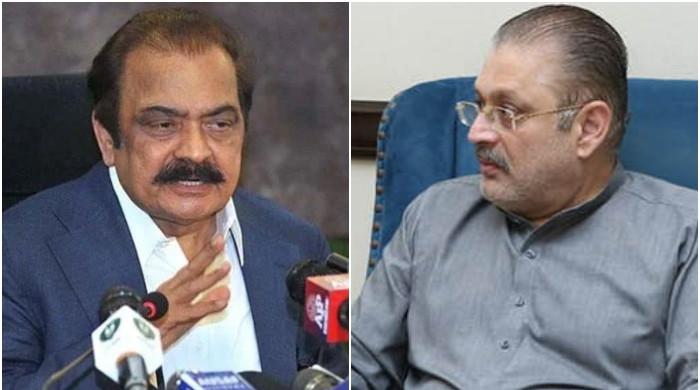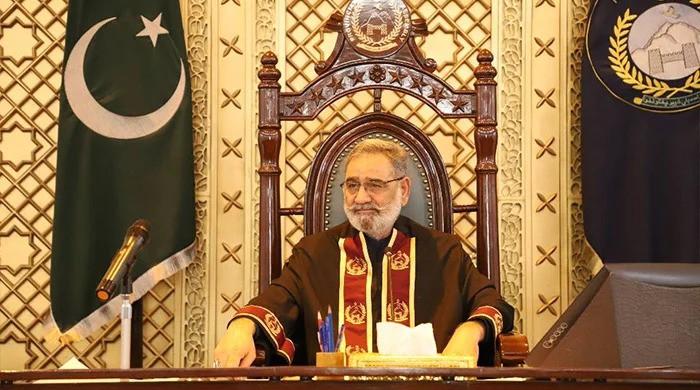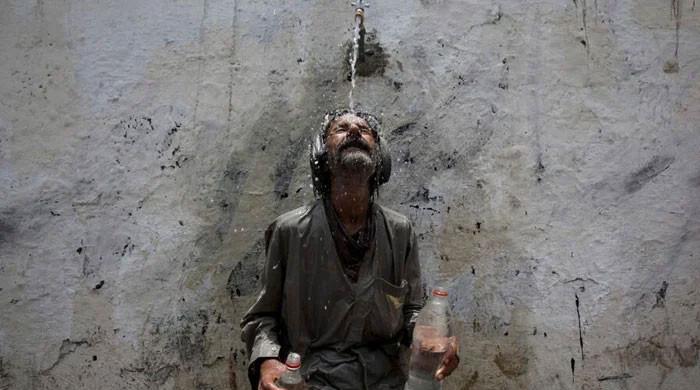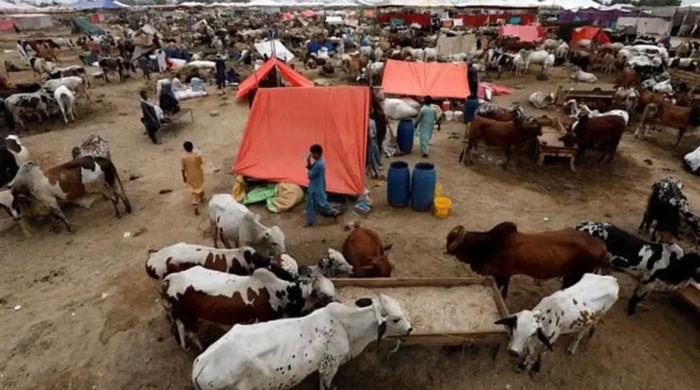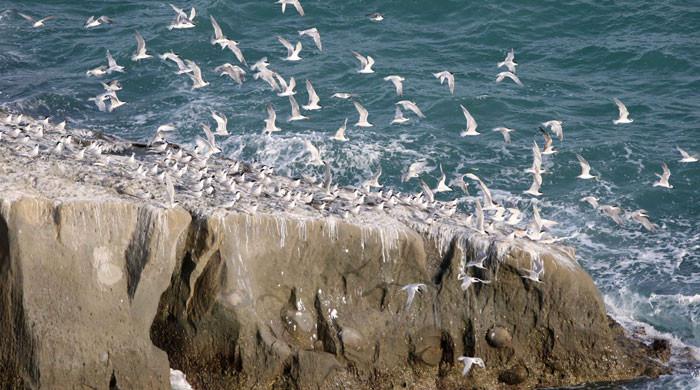Zardari assures Pakistan’s full support for talks with Taliban
CHEQUERS: President Asif Ali Zardari has said that war in neighbouring Afghanistan has been “very damaging” for Pakistan and that Pakistan will extend full support to any peace and...
February 04, 2013
Speaking alongside British premier David Cameron and Afghan President Hamid Karzai, Zardari said here that Pakistan would fully support any dialogue with the Taliban every step of the way in every possible manner because “peace in Afghanistan is peace in Pakistan”. President Zardari reiterated that Pakistan would extend full support to peace and reconciliation in Afghanistan.
“We feel that we can only survive together in a peaceful atmosphere. We cannot change our neighbourhood or our neighbours. We will support our Afghan brothers to come out of this war,” Zardari said while thanking the British government for being a good friend of Pakistanis and Afghans.
David Cameron, who hosted the two South Asian leaders here overnight at his secluded countryside retreat, spoke before President Zardari and Hamid Karzai and issued a direct appeal to the Taliban to enter peaceful talks on the future of Afghanistan.
David Cameron said that Pakistan and Afghanistan leaders had agreed "an unprecedented level of co-operation" and the two countries had agreed to sign up to a strategic partnership between their two countries in the autumn. Talks were held on Sunday night and early morning on Monday in which senior military and intelligence figures including Foreign Ministers, Chiefs of Defence Staff, Chiefs of Intelligence, the Afghan National Security Adviser and the Chair of the Afghan High Peace Council took part.
During these talks, the three sides agreed to the opening of an office in the Qatari capital Doha for negotiations between the Taliban and the Afghan High Peace Council.
Cameron said that it was in all three countries' interest to achieve stability in Afghanistan. "We share the same vision for Afghanistan - a secure, stable, democratic country that never again becomes a haven for terrorism. Clearly there is much more work to be done in the months ahead and the United Kingdom will continue to stand firmly behind both countries as they work together to bring stability to the region," he told media at the joint press conference.
David Cameron said the agreement to release Taliban detainees from Pakistani custody and open an office in Doha should send a clear message to the Taliban. "Now is the time for everyone to participate in a peaceful, political process in Afghanistan. This should lead to a future where all Afghans can participate peacefully in that country's political process."
During his short speech, Hamid Karzai said that they had had a "very frank and open discussion" but also appealed to the Taliban to join peace talks.
He gushed that relations with Pakistan could in future be "very close, brotherly and good neighbourly".
The News has learnt that during these talks Pakistan took exceptional stance on the issues of border management and return of refugees.
Pakistan complained that due to the lack of cooperation on border management, Pakistan was suffering immensely and that the stakeholders must pay attention to Pakistan’s concerns. Pakistani sides also called for serious efforts for the return of refugees. Prime Minister committed that UK to support talks in these two areas between the two countries.
A joint statement issued on this occasion said that Pakistan and Afghanistan has “committed themselves to continue to make strenuous efforts in the spirit of mutual interest” and that both sides “agreed that good neighbourly relations between Afghanistan and Pakistan, that ensured the long term stability of both countries, was of fundamental importance”.
Speaking to ITN and the Guardian newspaper in an exclusive interview prior to the talks, Karzai said peace required the involvement in talks of "external elements involved in creating instability and fighting" in his country.
Karzai said he was more optimistic than a year ago that behind-the-scenes discussions between his government and the Taliban would prove fruitful.
He said he expected fighting in his country to diminish when foreign troops have gone as it will remove a grievance which drove many to take up arms.
"The exit of foreign forces will not bring more violence for them to perpetrate against their own people, but a serious, strong, good reduction in violence will occur," he said.
Speaking to The News, Pakistan’s Foreign Minister Hina Rabbani Kher said that the whole region was suffering due to terrorist threat. She said the “onus is on Afghanistan to hold talks with Taliban and other groups as Afghans are the real brokers. We recognise that Pakistan’s role as a facilitator is important but that will happen when Afghans have determined their path but it is clear that the leading role has to come from Afghanistan”.
When asked about the western allegation sometime that Pakistan supports Taliban, she said: “This is a baseless allegation because Pakistan is suffering from the actions of these insurgent groups”.
Dr Maleeha Lodhi, former diplomat and an expert on foreign policy issues, told The News about the tri-lateral talks: “The joint statement claims progress has been made on advancing the Afghan reconciliation process but there is more talk than substance. Until this is demonstrated by the installation of an actual peace process these statements will remain statements of intent. The key is how ready Washington is to move and how the Taliban react. That's what's more important.”




